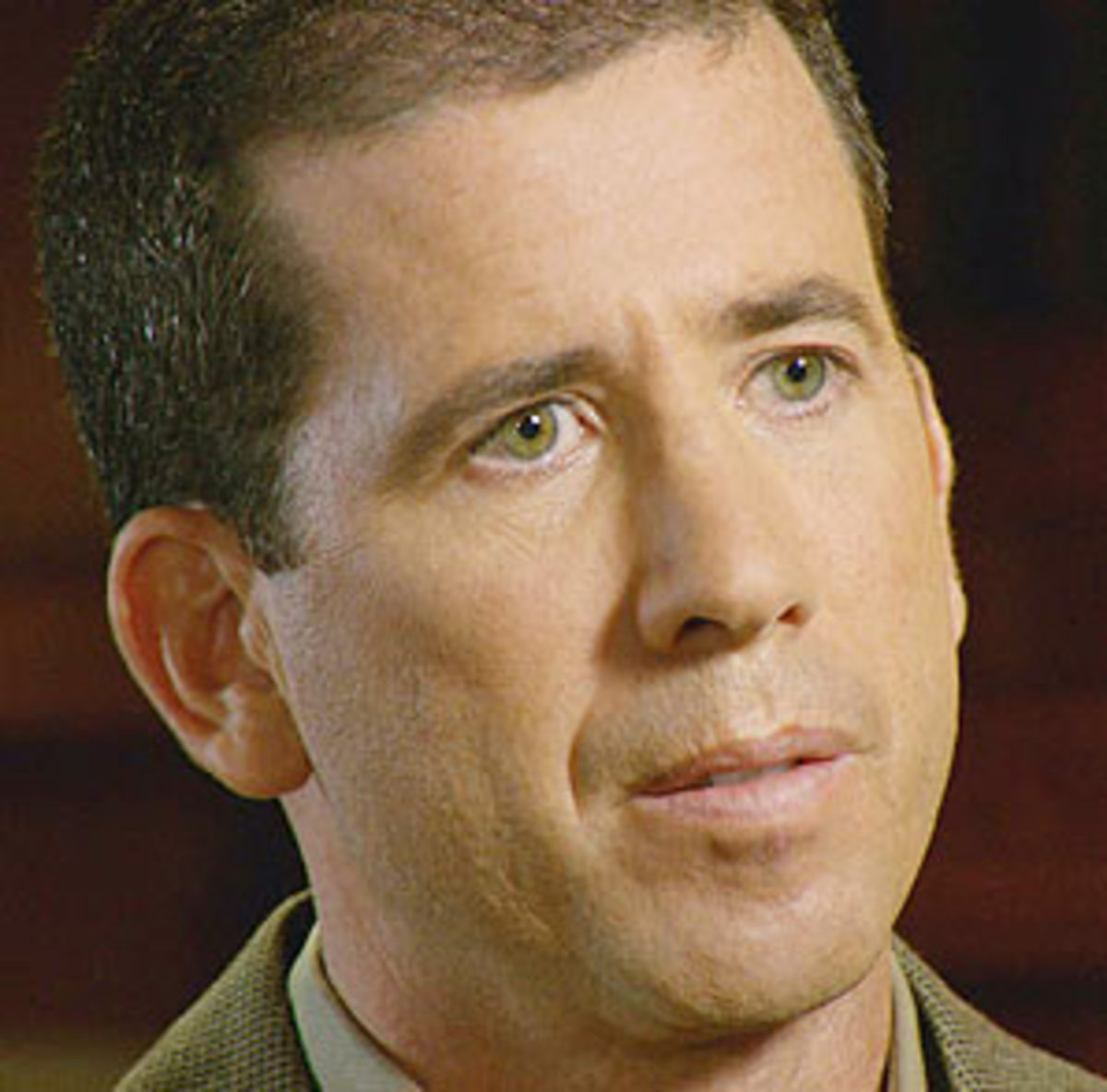Why is the NBA getting a pass in Donaghy, referee scandal?
Credibility problems? What credibility problems?
What's even more remarkable is that we -- the public and media -- would probably take the NBA pollyannas at their word. We seem to have done that so far, even in the wake of mounting indications -- some of them unconfirmed, to be fair -- that the officiating in the league has been biased at best and crooked at worst, and that it has been for years. Just because most of the smoke is coming from disgraced referee Tim Donaghy doesn't mean there's not a fire.
Think about how you would have reacted if, say, five years ago, someone had told you that the day would come when a referee would admit to betting on games and consorting with organized crime figures, would declare that he and his fellow refs routinely called games unfairly, and would allege that the league itself sometimes encouraged referees to show favoritism to certain teams or players. You would have envisioned that to be stop-the-presses, hand-out-the-subpoenas kind of news, would you not?
You would have been wrong. Because that's exactly what has happened in the NBA over the past 18 months. The convictions and allegations that should have rocked the league have instead been met with little more than a yawn. Donaghy has told us that the officiating situation in the NBA is about as rotten as stale cheese, and that we can't really trust the refereeing we're watching as legitimate.
And no one seems to care. NBA commissioner David Stern had his league investigated in the wake of Donaghy's original allegations, then told us that the investigation showed all of the underhanded doings began and ended with Donaghy.
Surprise, surprise. Does anyone else find that kind of hard to swallow?
Donaghy, who was recently released after serving 11 months in prison for betting on NBA games, appeared on 60 Minutes on Sunday night, where he reiterated many of the same claims he's made since his crimes were discovered. He said he used his knowledge of his fellow refs' hidden agendas -- their biases for or against certain players, coaches and owners -- to help him successfully wager on games. He also alleged that the officials received instructions from the league that implied they should help extend playoff series and to keep larger-market teams from getting eliminated too early, both of which meant higher ratings and more money for the NBA.
Most ominously, Donaghy said he was forced to share his inside information with members of organized crime, who made millions of dollars, according to one federal agent, making bets based on Donaghy's tips.
So, let's review: The mob had its hooks into an NBA official, and ... actually, let's stop there for a moment. Think about that. The mob had its hooks into an NBA official. That's a chilling enough concept by itself. If organized crime figures could strong-arm Donaghy into helping them, why would they necessarily stop at just one ref, particularly after losing Donaghy as an inside source?
That's just one of many questions that should be asked of Stern, and not just by the investigators hired by the league, and not just by the FBI, which investigated Donaghy and, as Stern is quick to point out, did not find evidence to charge anyone else connected with the NBA of any criminal wrongdoing. But not finding sufficient evidence to prosecute isn't necessarily the same thing as saying that the league's officiating is 100 percent squeaky clean.
Stern and the league executives should be answering to someone -- perhaps Congress, as their baseball colleagues have had to do in regard to steroids, and their football colleagues in regard to anti-trust issues -- and should be compelled to provide more proof that their officiating is above reproach.
Calmly standing at a press conference podium and assuring us that Donaghy was a "rogue ref," as Stern often calls him, doesn't cut it. And neither does refusing to comment on the 60 Minutes story. The league should make its refereeing evaluations much more transparent and be far more specific in telling the public what actions it has taken to ensure there are no hidden agendas creeping into the way games are called. Stern and the league should be feeling about 100 degrees more heat on this than they are.
Why is it that when an umpire makes an honest mistake, like calling a fair ball foul or missing the call on a play at the plate, we want heads to roll, but when there are indications that refs are intentionally manipulating games for fun, vengeance and sometimes profit, we're much more forgiving?
It's partly because the allegations are coming from Donaghy, whose actions were despicable, and who, it should be pointed out, is trying to profit from all this with a recently released book. But Jose Canseco's steroid information should have taught us that sometimes reliable information comes from distasteful sources. No one is saying that every allegation Donaghy has made is true, but it's unlikely he's making everything up, either. If he is, how did he manage to win 75 to 80 percent of his bets, by one federal agent's estimate, based on the information he knew about other referees' biases?
The NBA wants us to believe that Donaghy is just making wild accusations in order to make a buck. Is that true, or is much of what he's telling us right on the money? There are so many questions out there, and you get the feeling that the NBA doesn't really want to know the answers.
ROUNDTABLE:Has Stern done enough to prevent future Donaghys?
FANHOUSE:Donaghy speaks his mind on 60 Minutes
GALLERY: Scandals that have rocked sports





